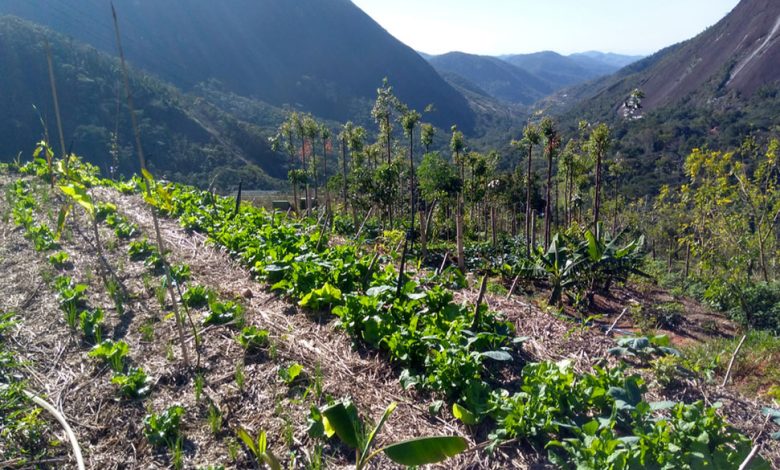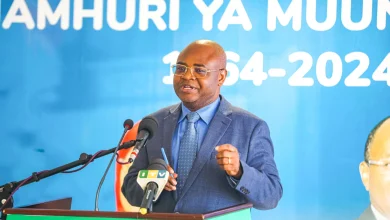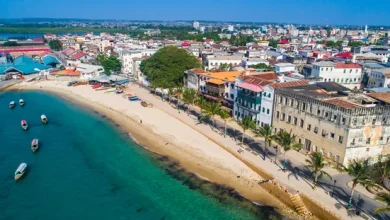SUA stakeholders meet to strengthen agroecology education curricula

MOROGORO: STAKEHOLDERS in agroecology from various institutions across Tanzania have convened at a scientific workshop organised by the Sokoine University of Agriculture (SUA) through the Agroecology Hub Industry Tanzania (AEHT) to deliberate on improving agroecology education curricula in the country.
The workshop brought together two major research initiatives, the Regional Multi-Actor Research Network on Agroecology in East Africa (RMRN-EA) and the Research for Agroecology Network in Southern Africa (RAENS) with the goal of enhancing the integration of agroecology concepts across all levels of education.
Opening the workshop SUA’s Deputy Vice -Chancellor for Academic, Research and Consultancy, Prof Maulid Mwatawala insisted on the expanding research in agroecology would play a vital role in promoting both academic advancement and economic growth.
Prof Mwatawala represented SUA Vice Chancellor, Prof Raphael Chibunda at the function.
He underscored the importance of understanding ecological systems as the foundation for sustainable agricultural productivity and proposed the establishment of a Centre of Excellence in Agroecology at SUA.
ALSO READ: SUA awards best academicians, researchers, innovators
The Director of Postgraduate Studies, Research, Technology Transfer and Consultancy at SUA and Principal Investigator for the RMRN-EA project, Prof Japhet Kashaigili said the ongoing study seeks to evaluate how agroecology concepts are incorporated into curricula from primary to higher education levels.
“The aim is to identify existing gaps and develop strategies to strengthen agroecology education programmes,” he explained.
On his part, Principal Investigator for the RAENS project and a senior researcher at SUA, Prof Dismas Mwaseba said the workshop provided an opportunity to assess the implementation of agroecology education in Tanzania.
He said that the findings will help guide curriculum reforms to better align with emerging sectoral challenges and opportunities.
The Coordinator of the Tanzania Alliance for Biodiversity (TABIO), Mr Abdallah Ramadhan highlighted that improved agroecology curricula will enable students to effectively communicate sustainable farming practices to farmers and communities.
“Equipping students with the right knowledge and skills will promote climate resilience and ensure the availability of safe and quality food for consumers,” he said.





